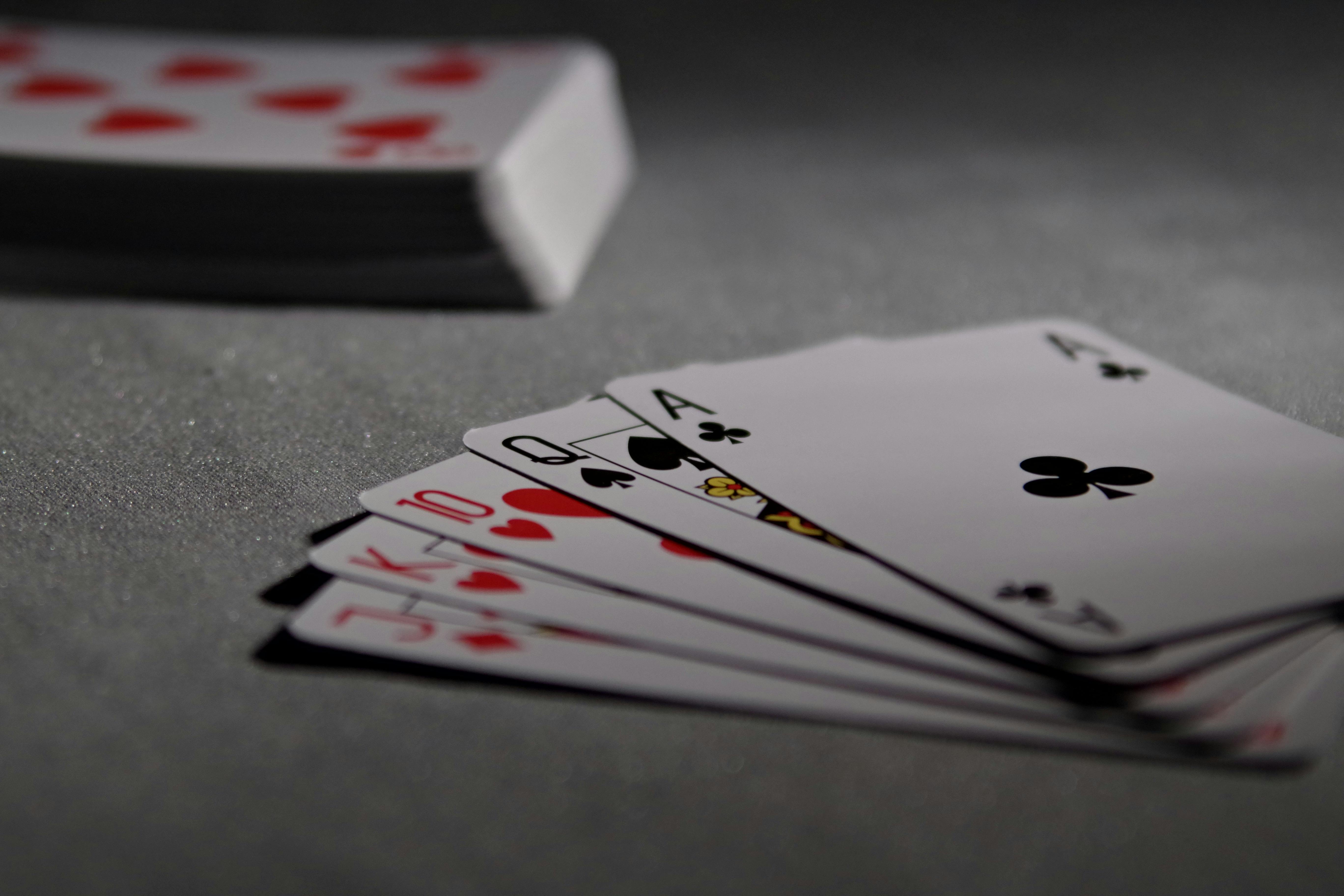
Across Europe, leisure and technology are merging in ways few could have imagined a decade ago. From virtual museum tours to mobile travel guides, digital tools are changing how people explore, learn and relax. In the Dresden Elbland region, innovation plays a growing role in tourism, with interactive maps, digital heritage walks and real-time cultural calendars now part of the visitor experience.
This shift toward digital leisure mirrors changes across Europe’s entertainment scene. Online gaming, in particular, has undergone its own transformation, less about chance and more about design, safety and user experience. A platform like Slotshammer captures this evolution, reflecting how European innovation is reshaping even the most traditional forms of play.
A Market on the Move
As each year passes, online casinos continue to grow and expand, which positions them to become some of the fastest-growing digital entertainment sectors. As of 2024, online casinos are valued at 19 billion and with expected projections, that number can reach almost 40 billion in just 6 years. With mobility and tighter licensing frameworks, the entire online gambling market, which also includes betting and lotteries, is growing across Europe.
The energy driving Europe’s digital economy is also felt in Dresden Elbland. Local businesses, museums and tourism boards in the area are creatively using technology to improve the accessibility of the area’s culture. GPS-guided apps allow users to navigate the Elbe valley’s wine routes and the interactive kiosks in the city enable users to purchase theatre tickets. This innovative outlook is similar in principle to how Slotshammer functions: creating a reliable digital experience through a balance of usability and regulation.
The Malta Gaming Authority (MGA) oversees the Platform, which is known for having one of the most effective consumer protection frameworks. In a digital age where users expect transparency in every service, this level of oversight and regulation is just as essential in the gaming industry as it is in travel tech and online booking.
Design As Experience
Gone are the days when online casinos dazzled with bright lights and gaudy decorations. Slotshammer features about 3,000 games, including themed slots and real-time streamed live-dealer tables. What makes it unique is that the entire experience is accessible without any apps, as everything runs through a browser. The clean and minimalist interface employs Nordic design, speed and intuitive layout, much like the design of other digital products in Europe.
This is faded to simplicity, as is the digital profiling of the culture Berlin Elbland offered, be it the region's cultural heritage and history trails or the region's over 60 accessible museums and collections. Digital culture offerings describe the culture and brand as user-friendly visibility, navigation and even language tailored to neophytes. Quality, like experience with even entertainment, is now dominated by code usability.
Establishing Digital Confidence
Any experience, as the customers say, should have their trust, i.e., confidence. Feedback for Slotshammer is mixed, yet lowering the 6.1 of the 10 review platforms' scores in trust is possible by shifting some focus to closed strategic communication. The score reflects a licensed safe score, yet payment communication should be faster based on customer communication. With respect to the players, there is mechanically smooth gameplay with rich and diverse offerings, with the only kicker being payment withdrawal processing speed.
This will be true for everyone observing the digital development of local tourism for management systems and interaction. System and relational improvements focused on user input with collaborative engagement for confidence.
Europe’s Efforts to Foster Responsible Innovation
Europe as a whole is defining how regulators will handle all forms of online entertainment. In the United Kingdom, official figures found that online slot games generated about £709 million during the last quarter of 2024. Players spent, on average, 18 minutes on the games, with about 6% of the sessions going over an hour. These stats will guide the new safety measures. For the new 2025 "Responsible Gaming" regulations, all adult players will have a £5 maximum slot limit and a £2 limit for players ages 18 to 24. This set the new European standard for Responsible Gaming.
Similar reforms are being debated in Germany and Scandinavia, where authorities aim to balance innovation with player protection. These efforts share a philosophy that Dresden Elbland also embraces in tourism: modernisation should enhance quality of life, not compromise it. From eco-mobility projects to digital heritage preservation, the region demonstrates how progress and responsibility can go hand in hand.
Tradition Meets Technology
In a lot of ways, the story of Slotshammer is also part of a bigger European story, one that Dresden Elbland tells every day. The region manages to harmoniously blend centuries-old architecture with cutting-edge research institutes and creative tech studios. This is clear proof that culture and innovation can thrive together.
When people visit the Elbe region or the vineyards of Radebeul with digital guides, they are engaging with the same digital shift that is happening in Europe with leisure and entertainment activities. Slotshammer shows that this shift is not just in tourism but in how users interact with creativity, culture and socialisation.
In both situations, technology is employed to enhance the human experience, designing systems that are more customisable, personal and, most importantly, enriching. People are predicting a time when culture, travel and entertainment will combine to offer a more enriching consumer experience that is anchored in the European values of quality and trust.